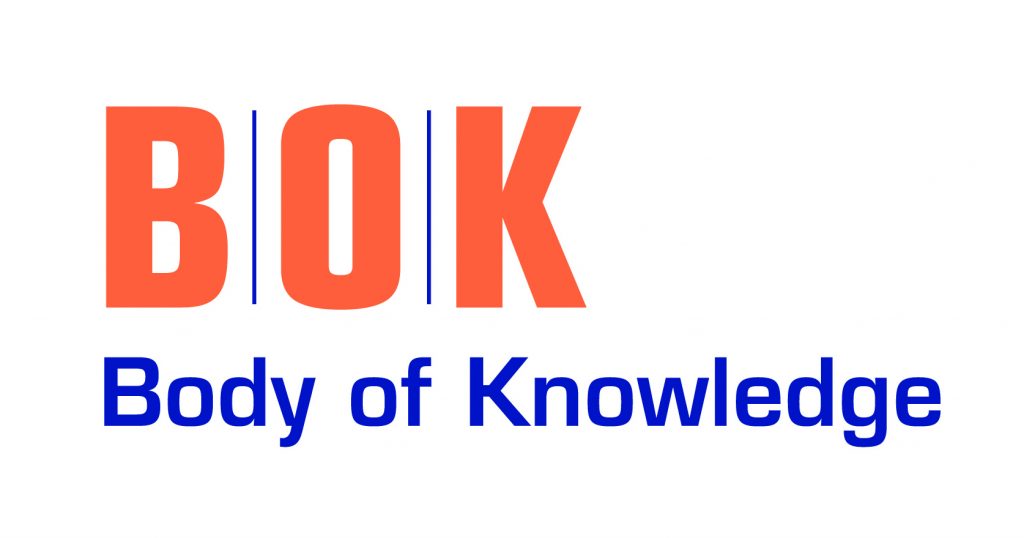
When we hear the word negotiation, we often imagine an acrimonious process between management and labor over contract terms or a stuffy boardroom of well-dressed people debating a complex business acquisition. Certainly, these situations involve complex negotiation processes but the concept of negotiation is much broader. Negotiation is a process whereby parties with differing needs and objectives reach a solution that is mutually acceptable.
We negotiate to satisfy a need or want. The need or want is the currency of negotiation. All of us negotiate in our personal and professional lives whether it is purchasing a vehicle, requesting a raise, or hammering out an agreement with a contractor. However, negotiating can be more informal such as persuading a child to go to bed, choosing a restaurant with a group of friends, or when to have the neighbors over for dinner. And yes, you can negotiate with yourself. Should I eat that bowl of ice cream or stick to my diet? Should I accept that “friend” request from my high school enemy that I haven’t talked with in decades?
Negotiating becomes necessary because of differing needs. This causes conflict. Conflict is pervasive in our lives. As illustrated above, dozens of conflicts occur every day because of differing needs or objectives and negotiating resolves conflict. Simply stated, everyone negotiates something every day. The question then is not why negotiate but how can we improve our negotiation skills to attain our needs.
Read the entire chapter, or get involved in APPA’s Body of Knowledge, whether as a chapter author or peer reviewer, by completing this form. Or send an email Glen Haubold ([email protected]) and Steve Maruszewski ([email protected]), using the subject line APPA Body of Knowledge.
 Create an Account
Create an Account
 Login/myAPPA
Login/myAPPA
 Bookstore
Bookstore
 Search
Search  Translate
Translate